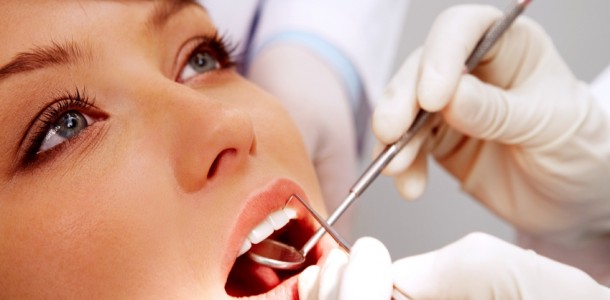A Brief Overview to the Wisdom Tooth Removal

Wisdom teeth typically occur in human beings between the ages of seventeen and twenty one. They are known as the last set of molars after which your mouth will have no more new tooth. Even though they are healthy, the misalignment can pose a few problems. The sole option is to consider utilizing the wisdom tooth removal in order to surmount the troubles.
Wisdom teeth are the teeth that are generally available in the farthest point back in your mouth. In general, we as a human being develop four third molars, with one on the top as well as the bottom of the right and left sides of the jaw. Sometimes these teeth come into existence naturally, erupting through the gum areas and aligning with the rest of the teeth. Here are the four most common issues caused by them:
Infections – Teeth that are partially erupted can leave openings in the gum area, which is quite responsible for attracting bacteria. This bacteria can cause both minor and severe infections in the future.
Impaction and bone damage – It is common to see growing the impacted teeth through sideways and causing unexpected severe damage to the jawbones.
Pressure – Impacted teeth can create unnecessary pressure on other nearby teeth, distracting the natural tooth growth patterns as well as orthodontic development. This can lead to crowding and tooth decay in the future.
Cysts and tumors – Cysts and tumors can develop around the wisdom teeth that are impacted. In fact, this serious complication can cause severe problems to the gum areas and jawbone.
Furthermore, the surgical removal of impacted wisdom teeth is an excellent method to avoid any of these complications. Removal is commonly suggested even in the case of asymptomatic teeth. It is advisable to remove these teeth before they cause any serious problems.
What To Expect From Your Doctor?
Good dentists will provide you with the right wisdom tooth removal process. During the initial consultation, he or she will take detailed X-rays in order to determine the positioning of your teeth. Then he/she will also conduct an oral assessment. Based on the report, a specific course of action will be recommended to you. An appointment will also be scheduled for the extraction if required. Dentists will also discuss any potential complications of the procedure at that time.










